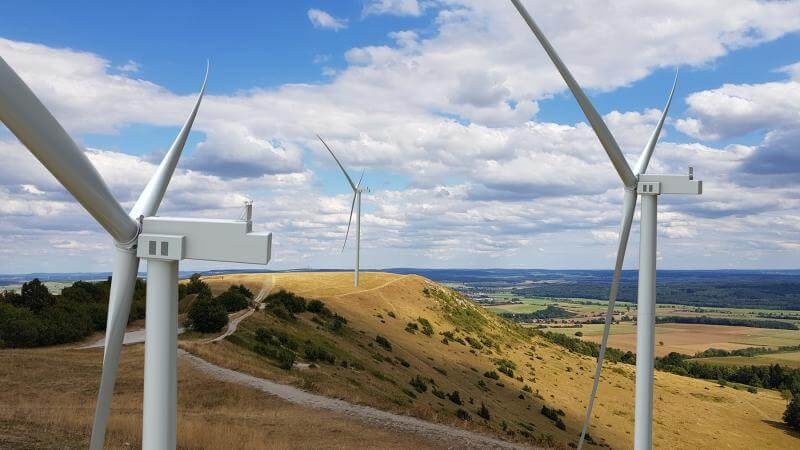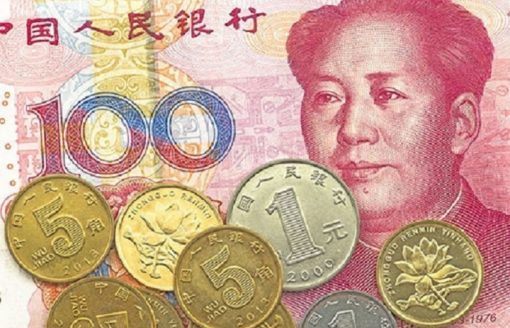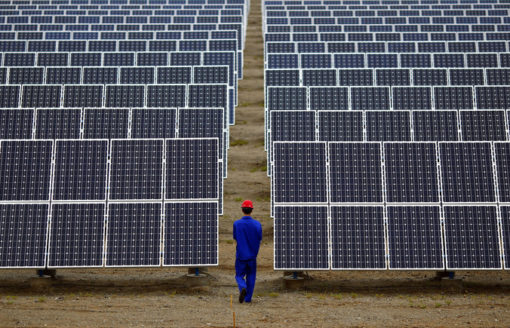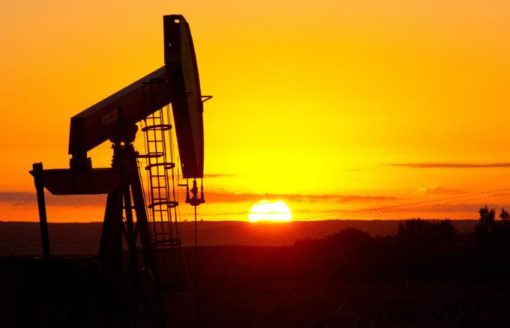Scaling up renewable energy production calls for massive investments. In view of the far-reaching benefits renewables bring in terms of improving human health, readily available access, positive impacts on environmental protection and climate change, along with job creation, renewable energy investments are likely to increase. Importantly, due to technological advancements, renewables have become increasingly cost-competitive with fossil fuels especially given the recent strong rebound in crude oil.
Increasing demand for energy is most noticeable in developing economies owning to factors like a rising middle class and a lift in standard of living in general as well as growing urbanization. However, limited financial resources confronted by their governments have made the participation of private capital essential.
With developing countries set to account for over 70% of global GDP growth by 2030, investment in energy will be vital for them to sustain their economic expansion. Clean energy, more specifically power generation from renewables will play a critical role in meeting their needs. Moreover, as many of the 195 signatory states of the Paris Agreement signed in 2016 and due to be in force in 2020 are developing countries, they have to boost their renewable energy investments such that greenhouse gas emissions will be reduced and global temperatures will be prevented from rising to above 2 degrees Celsius. These countries can take advantage of their natural resources to generate renewable energy like hydro power, solar energy, geothermal and biomass power and lower their dependency on expensive imports of fossil fuels.
Recognizing the importance of clean energy, many governments in developing countries have implemented sound and supportive policies to attract investments in renewable energy generation.







Renminbi to be a Major Global Currency